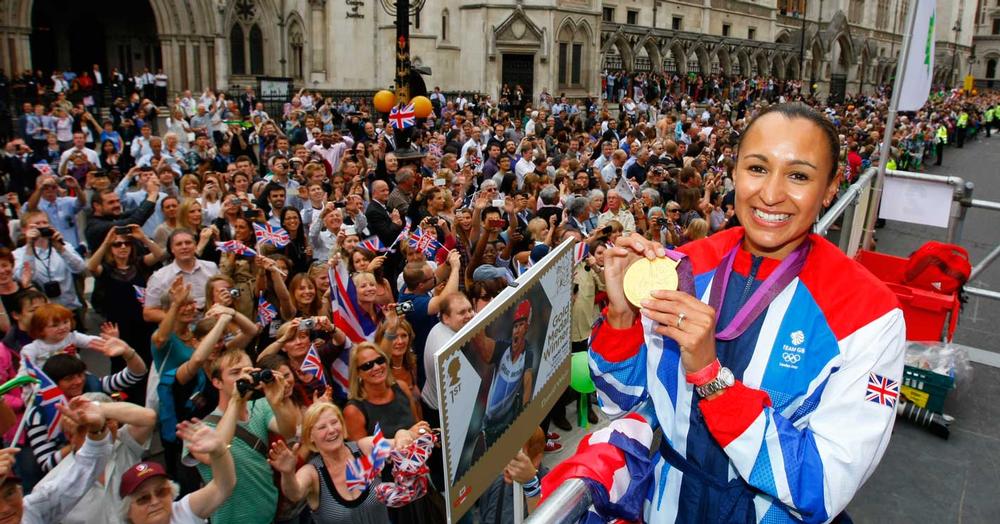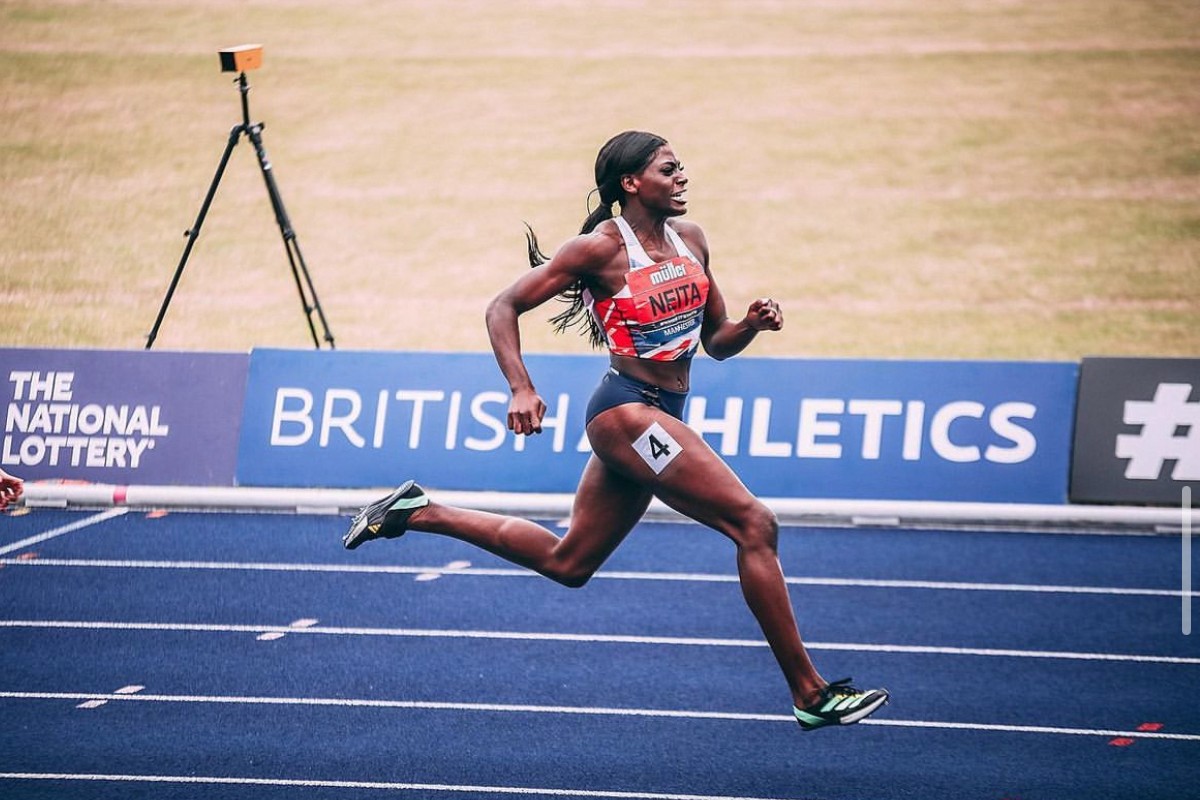Analysis: The new sport strategy and its three key areas
Sports minister Tracey Crouch has stayed true to her pledge to “rip up” England’s existing sports strategy and replace it with a new, comprehensive one that “involves all in society”

In revealing the new Sporting Future - A New Strategy for an Active Nation on 17 December, Crouch said she would make no apologies for its scale and scope, nor its ambition for the delivery of sport and physical activity.
The strategy radically overhauls the way sport is funded in England and is based on three key areas – harnessing the potential of sport for social good, ensuring success at elite level and improving sports governance. There are plenty of changes which echo the government’s earlier calls of public funding being “a privilege not a right” and its intention to see a better return on investment for grants made to groups and organisations.
Public investment will be increasingly earmarked for initiatives which encourage physical activity among the inactive, as well as projects that help young people gain skills that aid employment and tackle social exclusion and mental health problems.
Crouch said that the new strategy would ensure sports continued to make “a significant contribution to the economy too”, adding the economic contribution from sport is now £39bn a year.
With the wide-ranging new strategy, the government has made sport and physical activity a key policy issue.
We have picked 10 strategy highlights
1. Sport will play an increased role in preventative healthcare. The Department of Culture, Media and Sport (DCMS) and the Department of Health (DH) will work together with the NHS and other organisations to promote sport and physical activity into care pathways.
2. Sport England’s role will be transformed and it’ll set aside specific funding to tackle physical inactivity. The grassroots body has a new brief to invest in physical activity for those aged five to 18, as opposed to its previous obligation of improving participation among those aged 14+.
It will also broaden the scope of those it funds. Geographic areas identified as “physically inactive” will be able to bid for Sport England resources to develop and implement physical activity strategies – with exact plans to be announced in 2016.
3. Sport England’s Active People Survey will be scrapped and replaced by Active Lives as the primary source of measuring participation. Rather than just sports, Active Lives will also record activities such as cycling, dancing and walking in order to eradicate the “unhelpful, outdated and irrelevant” distinction between sport and broader physical activity.
As a result, sport funding will be transformed so it’s no longer merely about how many people take part, but also how sport can have a meaningful and measurable impact on improving lives.
4. There is a pledge to ensure no child leaves school unable to meet a minimum swimming standard, including disabled children and those with special needs. For this, the government will create a working group which will report a detailed plan in 2016. It is hoped the initiative will, in the long-term, also help stem the sharp decline in the number of people swimming regularly in England.
5.Performance sport agency UK Sport and Sport England are to increase the level of cooperation. The two will devise and commit to a memorandum of understanding on working together on talent and objective metrics by the end of 2016. They will set targets for organisations to reduce the percentage of income they receive from a single public sector source.
The pair will also implement efficiencies outlined by this year’s triennial review.
6. The strategy looks to help train and better support those who work in sport.
Sport England, together with CIMSPA, will develop a workforce strategy in 2016 with a clear skills framework for the sport and physical activity sector. Sport England will also undertake a benchmarking initiative in the form of a Sport Workforce People Survey which will be a KPI when analysing sector responsibility.
7. Safeguarding those who take part is also detailed, with Baroness Tanni Grey-Thompson chairing a Working Group on a Duty of Care for participants in sport. The group will explore how government and sporting bodies can take a new approach to support athletes with qualified instructors and coaches, as well as ensuring they have support once their playing days are over – with opportunities to take up other roles and careers in the future. Exact terms of reference will be agreed by early 2016.
8. The success of Team GB – and other elite-level national teams – features heavily and the strategy pledges to increase exchequer funding to support Olympic and Paralympic athletes through to the 2020 Games in Tokyo – even above and beyond funding levels in the current Rio 2016 cycle.
The government also plans to improve the performance of non-Olympic elite sports teams by facilitating discussions between home nation football, cricket and rugby governing bodies, plus those involved in the success of the previous two Olympic and Paralympic Games.
9. A Sports Business Council will be established in a bid to stimulate further growth and potentially shape policy in the sports sector. The council will work with sporting bodies and firms to help them create business plans, gain access to finance and develop skills.
Membership to the council will be drawn from public and private sector companies working within sport.
10. A new sports governance code will be drawn up, to which Sport England, alongside UK Sport and other Home Nations Sports Councils, will have to adhere by September 2017. If bodies wish to continue to receive public funding they must sign up to the code.
The reaction

Chief Executive ,
Sport England
“Today is a really important milestone for grassroots sport in England. We welcome the increased focus on using sport for social good, and are very much looking forward to developing more programmes and campaigns that tackle the issues that stop so many people being active.
“Our priority now is to work with a range of partners to develop our plans to put this strategy into practice. I’m committed to improving the way people experience sport.”
The Reaction

Chief executive ,
UK Sport
“We’re delighted that the strategy recognises the excellence of the high performance system and we accept the responsibility to find ways to widen the reach of our ‘what it takes to win’ approach –and share the expertise that exists within Olympic sports, while not diluting our focus on medal success.
“The new governance code is very timely. There has never before been a more important time to ensure the integrity of sport.”



Centre Manager
Director of Operations
Fitness Motivator
Recreation Assistant/Lifeguard (NPLQ required)
Membership Manager
Recreation Assistant
Swim Teacher
Swim Teacher
Chief Executive Officer, Mount Batten Centre
Swim Teacher
Swimming Teacher
Swimming Teacher
Company profile

Featured Supplier

Property & Tenders
Company: Knight Frank
Company: Belvoir Castle
Company: AVISON YOUNG
Company: London Borough of Bexley
Company: Forestry England














